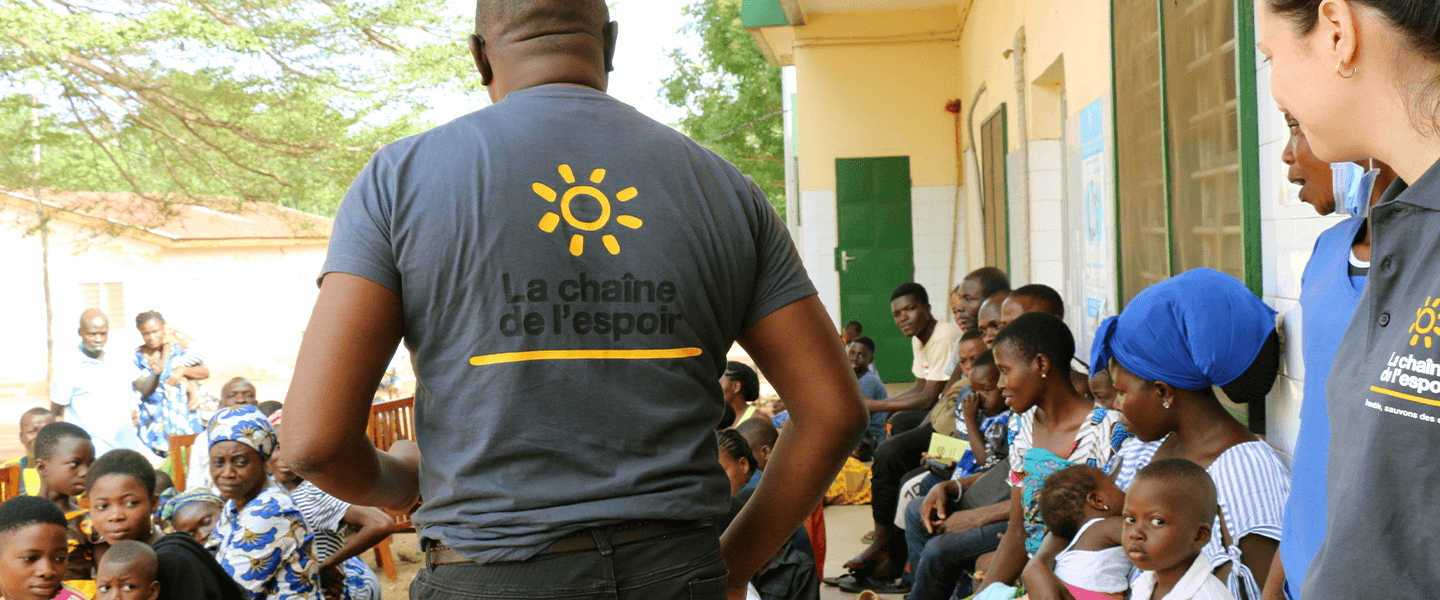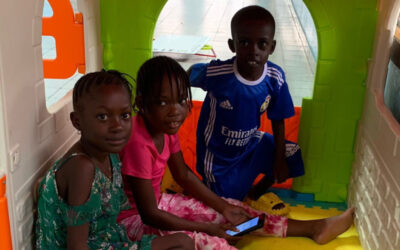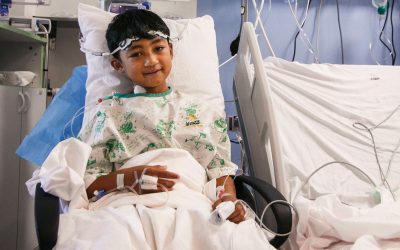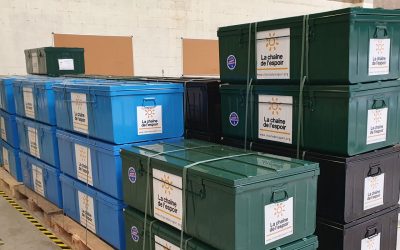Building and equipping hospitals
Background
Responding to urgent medical needs
5 billion people
do not have access to safe, affordable surgical and anesthetic care worldwide.
Over 5 million children
under-5s die every year from untreated illnesses.
7 hospitals have been built
by La Chaîne de l’Espoir since 2001.
Source: Global Surgery 2030, The Lancet
Every year, 17 million people die around the world for lack of access to safe, affordable and appropriate surgery. In the countries where we operate, healthcare facilities are often inadequate or under-equipped.
This is the raison d’être of La Chaîne de l’Espoir: we mobilize every day to save lives so that, in the long term, every sick child can be diagnosed, treated, operated on and monitored directly in his or her own country.
In addition to our surgical, training and preventive actions, we build, rehabilitate and equip hospital structures in Africa, the Middle East and Asia, in collaboration with local authorities. In this way, we give vulnerable people, especially children, access to safe, affordable, quality care in facilities that meet the highest international standards. These actions help to strengthen local healthcare systems and improve medical and surgical care in developing countries over the long term.
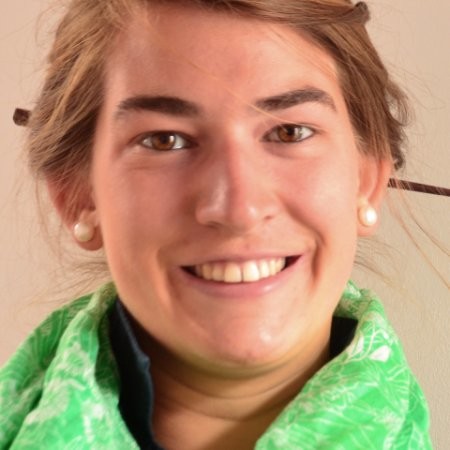
“The state of the infrastructure and equipment in the operating theatre and other associated rooms is a key factor in the success of surgical procedures. This helps to limit and control the risk of post-operative infection. La Chaîne de l’Espoir teams contribute their technical expertise to support these partner hospitals.”
Hélène Camuset, Infrastructure & Biomedical Department Manager, La Chaîne de l’Espoir
Our action for construction
Building and rehabilitating hospital facilities adapted to local needs
To give disadvantaged populations access to top-quality care and medical expertise, we build and rehabilitate hospital facilities adapted to local realities. We equip these facilities with state-of-the-art biomedical equipment, guaranteeing high standards of diagnosis and treatment.
During and following the construction and rehabilitation of hospital facilities, we support and train medical teams until the structure is fully autonomous.
Our hospital facilities
André Festoc Cardio-Pediatric Center in Bamako, Mali
Live remote ultrasounds, in conjunction with French doctors, allow Afghan cardiologists to benefit from an opinion on pediatric cardiology diagnoses for the most complex cases.
Center cardio-pédiatrique Cuomo (CCPC), CHNU de Fann, Dakar, Senegal
The institution is home to pioneers of modern Afghan medicine, such as the first cardiac surgeon, the first cardiac anesthesiologist, the first perfusionist, and others. Their success rate in surgical procedures is equivalent to that of Western countries.
The Neuroscience Center in Phnom Penh, Cambodia
Opened in 2014, the Phnom Penh Neuroscience Center can operate on 1,500 patients each year, more than half of whom are children and young adults. It was born out of an alarming realization: until then, Cambodia lacked a hospital structure capable of meeting the population's needs for neurological care.
French Medical Institute for Mother and Child (IMFE) in Kabul, Afghanistan
The hospital pays particular attention to recruiting female staff. Nearly a quarter of the hospital's staff are women, including nearly 20% in management positions.
Calmette Hospital Cardiology Center, Phnom Penh, Cambodia
The hospital pays particular attention to recruiting female staff. Nearly a quarter of the hospital's staff are women, including nearly 20% in management positions.
The Heart Institute (ICOR) in Maputo, Mozambique
The hospital pays particular attention to recruiting female staff. Nearly a quarter of the hospital's staff are women, including nearly 20% in management positions.
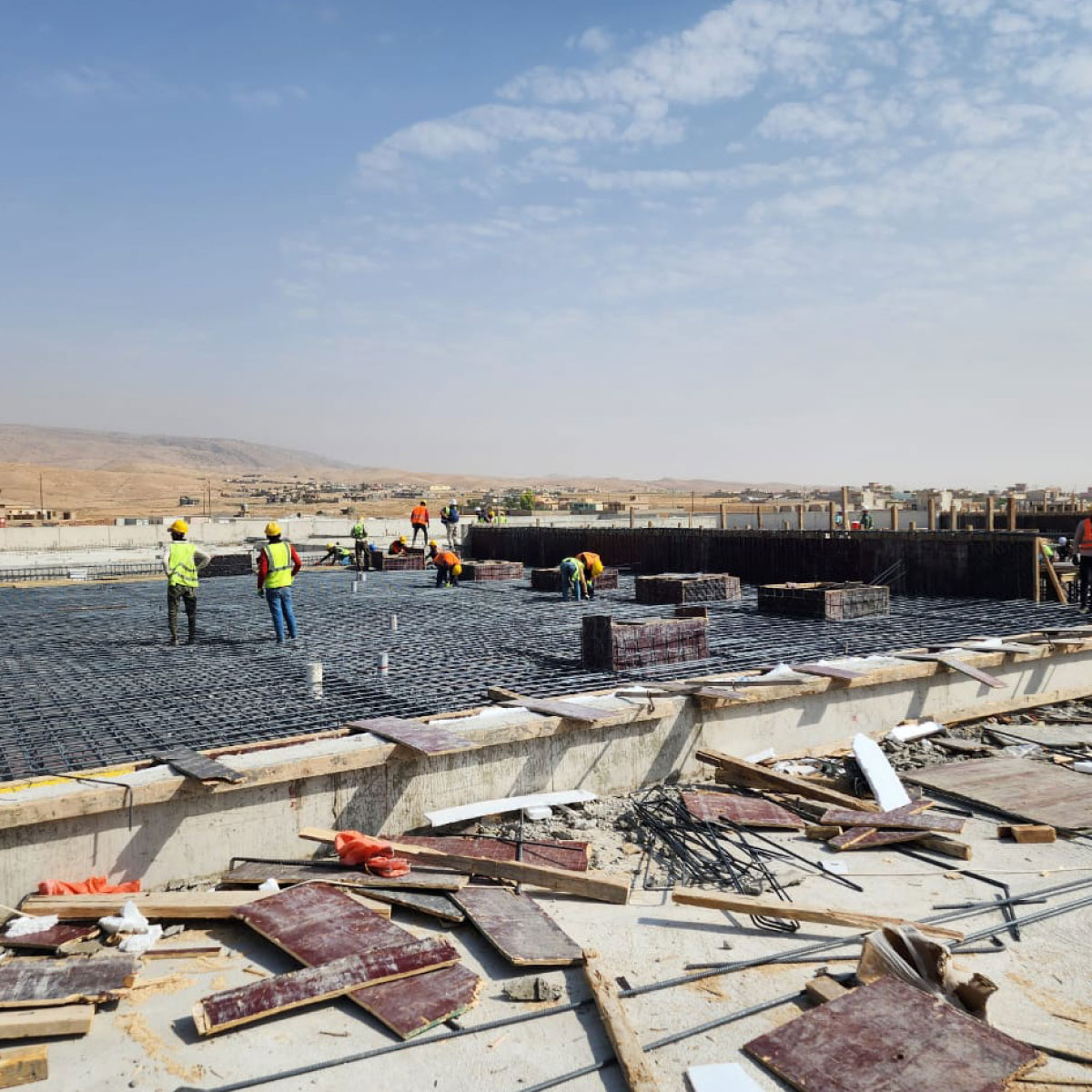
A hospital for displaced people in Sinjar, Iraq
In August 2014, Daesh troops perpetrated genocide in Sinjar, driving the local Yezidi population to flee their lands. Faced with the destruction of the town’s hospital and health centers, La Chaîne de l’Espoir initiated an essential project in 2020: the construction of the Sinjar French Medical Center. Built in partnership with the Iraqi Ministry of Health and with the support of Nadia’s Initiative, and financed by the French Ministry of Foreign Affairs’ Centre de Crise et de Soutien and the Madad European Fund, this hospital will open its doors at the end of 2024. It will offer a full range of care, including emergency and intensive care services, as well as obstetric and specialized care for mothers and children.
Equipping hospital facilities to strengthen the healthcare offer
Medical devices are very expensive. That’s why we supply our partner hospitals with the equipment they need to care for children, such as operating tables, ultrasound scanners, respirators, anesthetic masks, defibrillators and surgical instruments.
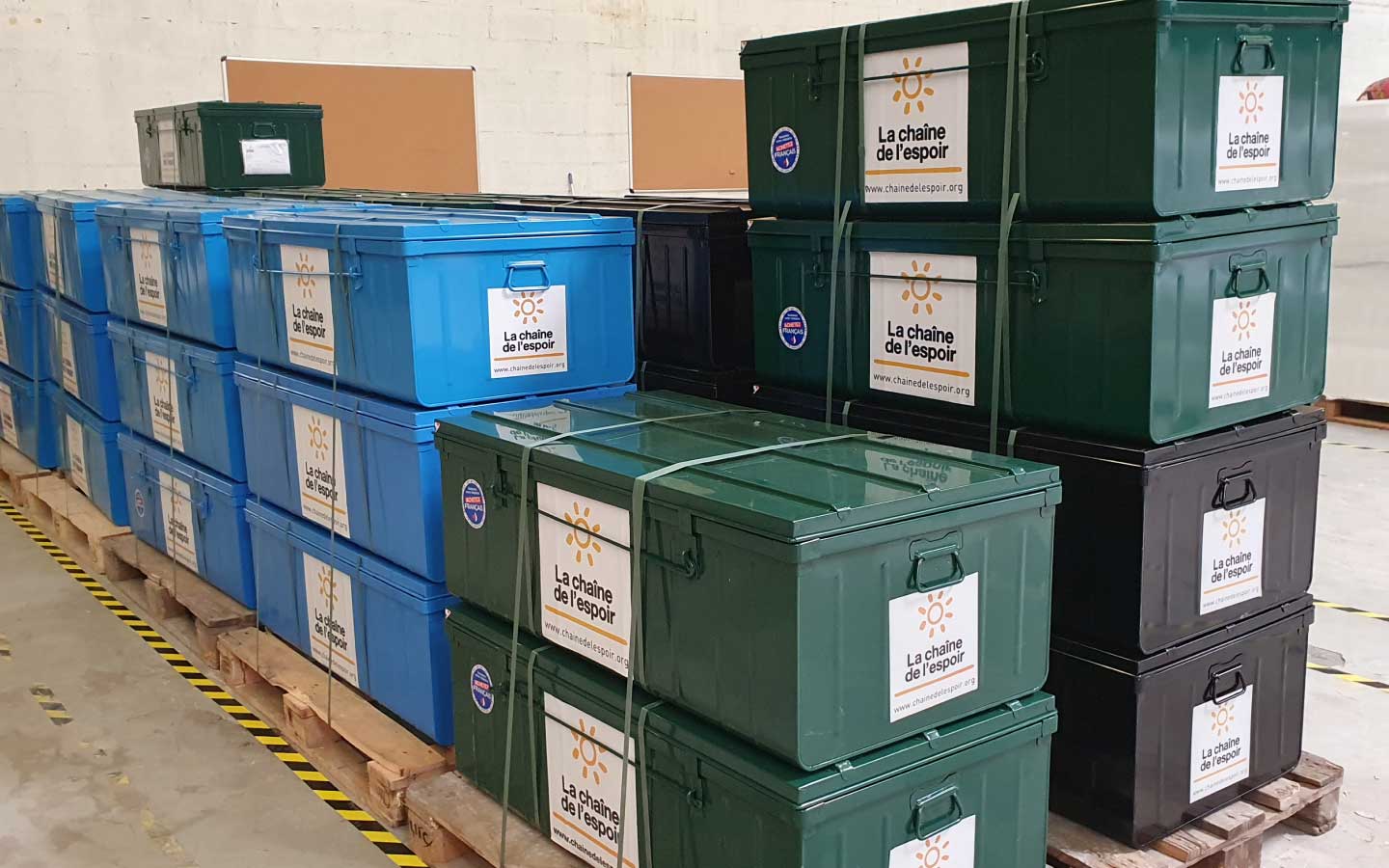
At the side of the Ukrainian people, victims of the conflict
Since February 24, 2022, war has been raging in Ukraine. From the very first days of the conflict, La Chaîne de l’Espoir mobilized to send medical equipment, trauma kits, consumables (gloves, bandages, etc.) and medicines for emergency surgery and treatment of the wounded. By the end of 2023, 28 tons of medical equipment and medicines had been sent.
Providing medicines and medical and surgical supplies
Whether in Africa, the Middle East or Asia, very few hospitals perform pediatric surgery. It is therefore particularly difficult to obtain supplies of consumables adapted to this branch of surgery. This difficulty is compounded by the fact that local suppliers see no economic advantage in making these products readily available on the market.
Without medicines and medical and surgical supplies, it’s very difficult, if not impossible, for doctors to operate. Compresses, sutures, bandages, syringes, needles, scalpels: these essential surgical consumables are often in short supply. This situation makes the help of La Chaîne de l’Espoir essential for many of our partner hospitals in Africa, the Middle East and Asia. At the same time, these supplies are essential to the success of our surgical missions in nearly 30 countries every year.

